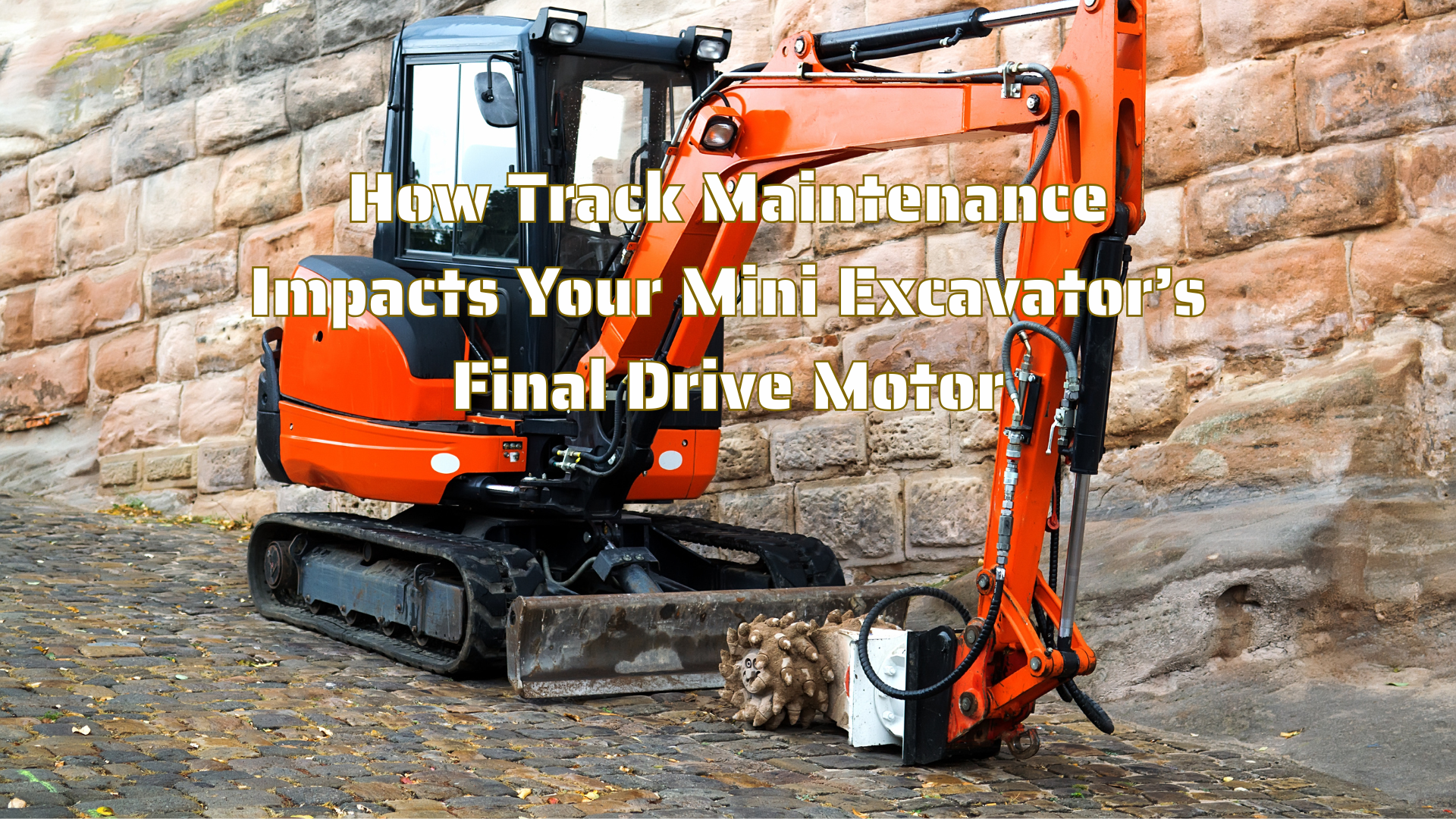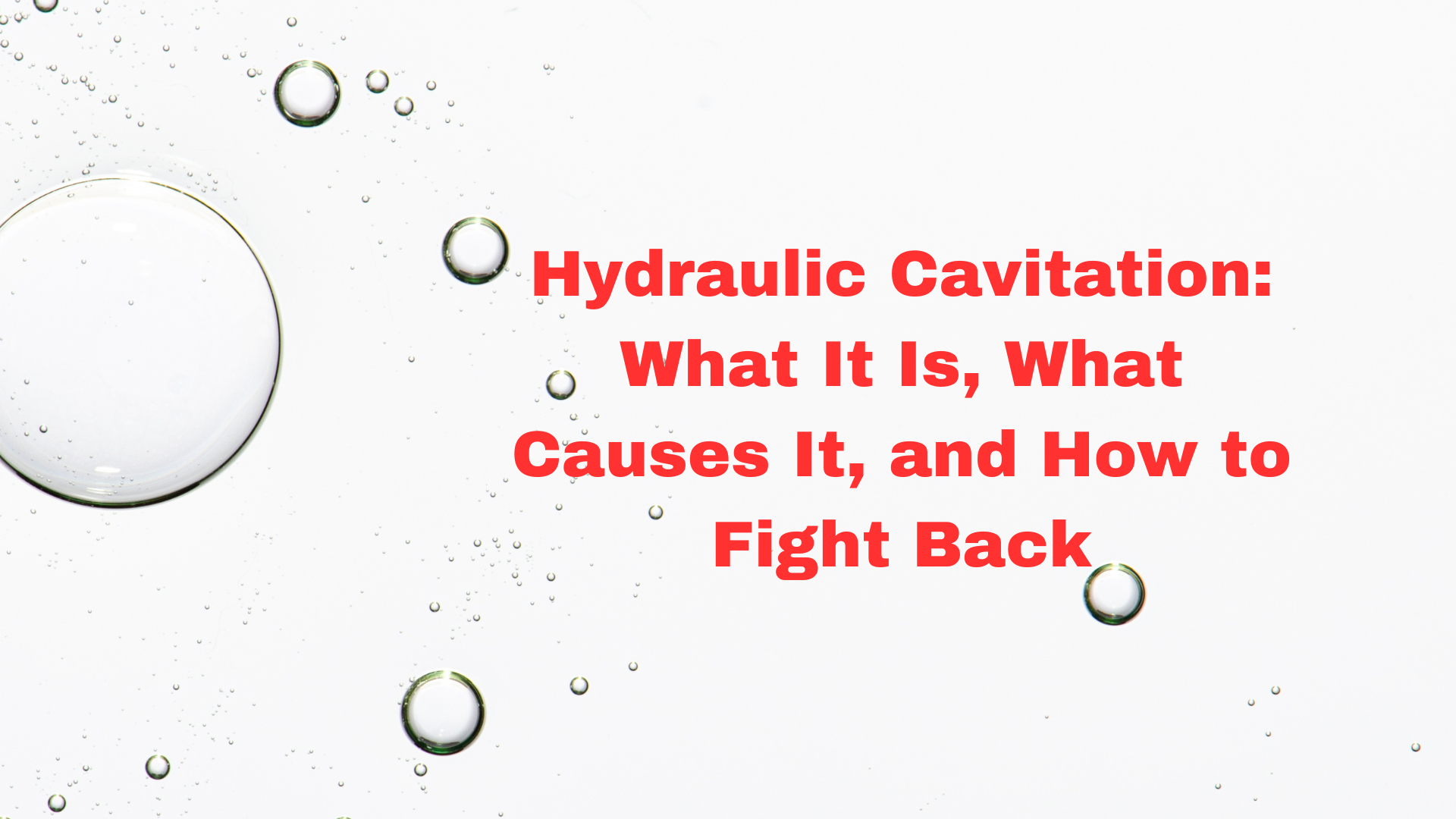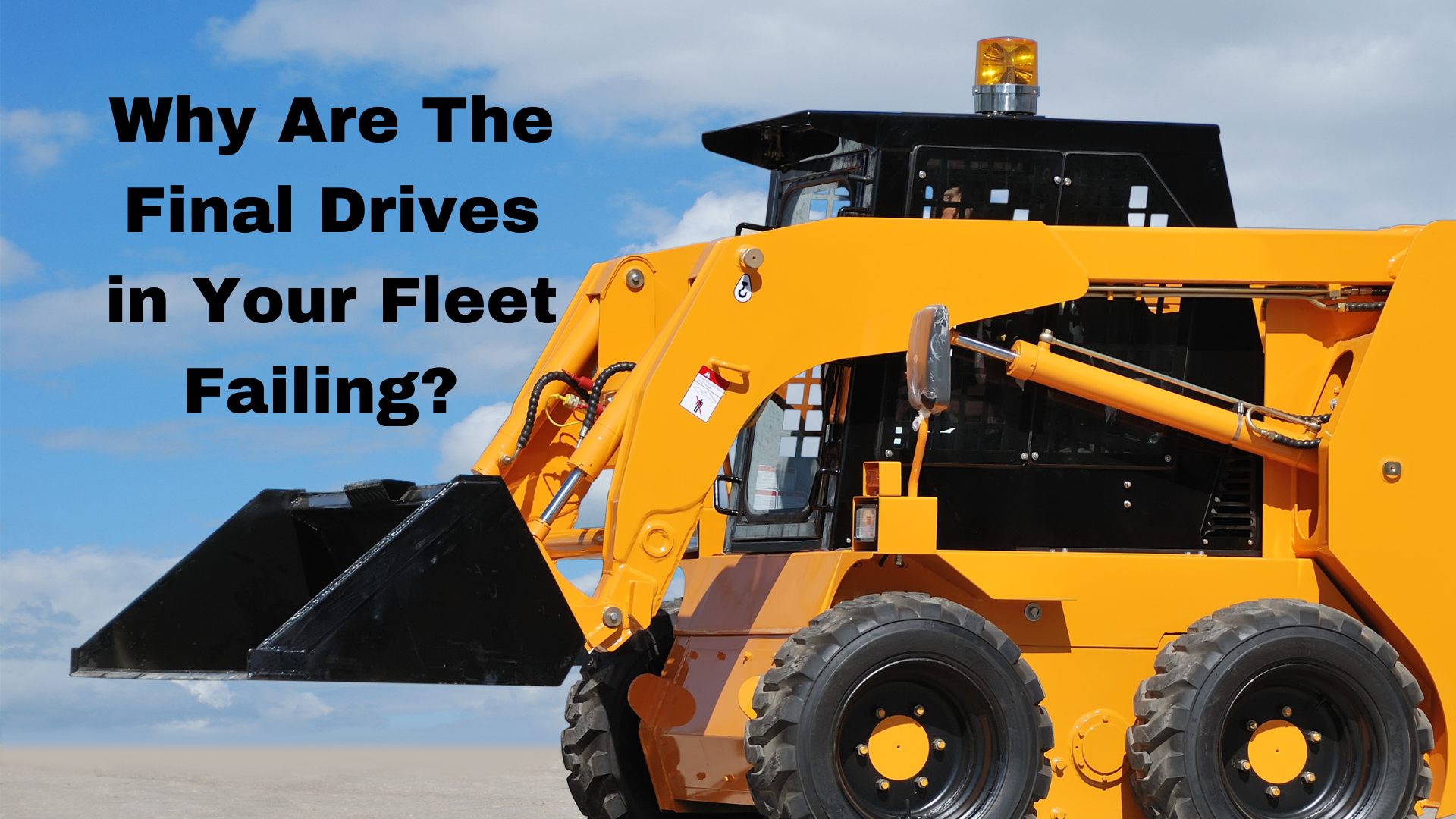When to Change Out Your Hydraulic Fluid
Nov 5th 2020
Hydraulic fluid transmits power and provides lubrication, but when it can't do that anymore it needs to be replaced with fresh fluid.
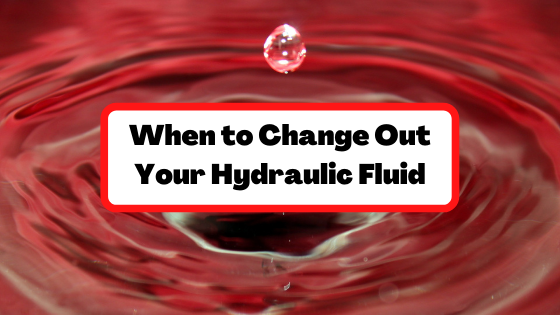
Here are a few other Shop Talk Blog posts that you might find helpful:
- 6 Types of Final Drive Motor Contamination
- Tips and Tricks for Draining Hydraulic Fluid
- Does Your Skid Steer Drive Motor Need Service?
Why Does Hydraulic Fluid Need to be Changed?
You know that bearings, seals, and even gear teeth start to wear out, but did you know that hydraulic fluid wears out, too? While it may not experience wear in the same sense that a bearing or shaft does, it does age and lose its ability to perform its job--transmitting power and lubricating components--effectively. And when it can't do its job effectively, then its time to replace it with fresh hydraulic fluid.
Oxidation
Oxidation is the breakdown of key chemicals in hydraulic fluid and is the natural result of aging. You can typically detect when your fluid has oxidized by noticing its color and smell: if it is dark in color and accompanied by a bad odor, it has oxidized. At that point, it really needs to be replaced with fresh hydraulic fluid.
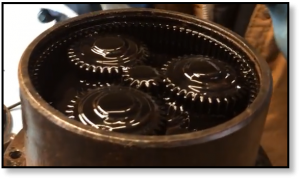
Hydraulic Fluid + Overheating = Accelerated Oxidation
One of the factors that can accelerate the rate at which your hydraulic fluid ages is overheating. Hydraulic fluid has an operating temperature range at which it performs best--and when operating temperatures exceed that range, the fluid can begin to break down.
Whether its exposure to extreme temperatures for extended periods of time or just repeated spikes in temperature, the result will be the same: the chemicals and additives in the fluid will began to experience oxidation. Oxidation, as discussed earlier, is the breakdown of key chemical components in hydraulic fluid, and while it occurs naturally over time (think aging), hydraulic fluid will experience accelerated oxidation when it overheats.
Contamination
Contamination is bad for your hydraulic fluid, and for your hydraulic system. It compromises the performance of hydraulic fluid, can damage key components, and clog up hydraulic filters leading to even more problems. If your fluid looks cloudy, then there is a good chance that it is contaminated with water and needs to be replaced. If your fluid looks foamy, that would be air contamination which also needs to be addressed.
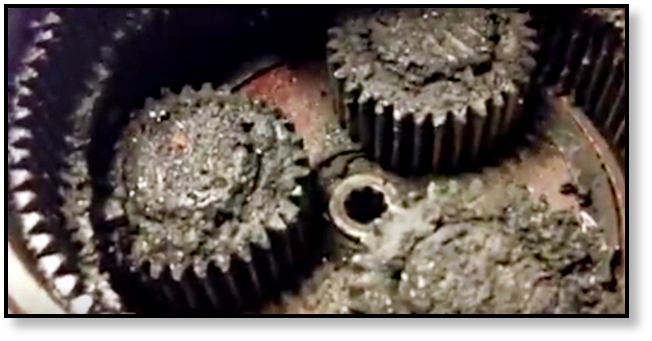
Of course, contamination with particulate matter (metal particles, sand, etc.) needs to be dealt with, possibly with flushing followed by fluid replacement. Finally, your fluid can be contaminated if you top it off with the wrong type of fluid. In all these cases, you need to change out the hydraulic fluid in your system and track down the source of the contamination.
Conclusion
Your hydraulic fluid needs to be changed if it shows sign of oxidation, has been overheated, is contaminated, or when fluid analysis shows it has aged to the point of oxidation. Failure to address aging or contaminated fluid can damage your hydraulic system, including your final drive motors.




